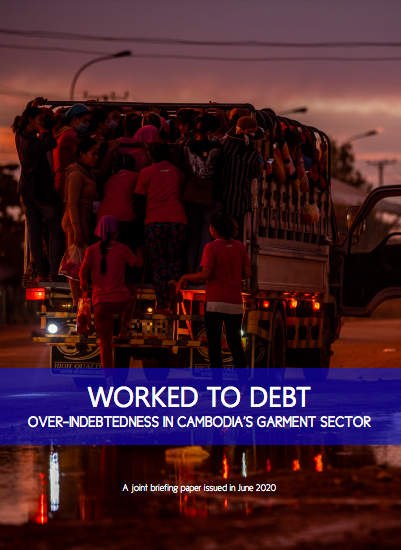Unfinished Work In The Fight Against Forced Labor In Uzbekistan’s 2019 Cotton Harvest
PublicationsUzbek Forum has conducted independent, community-based monitoring and reporting on the cotton harvest since 2009. In previous reports, Uzbek Forum endeavored to expose forced labor, identify its root causes, and show the scale, impact on institution...Read More

